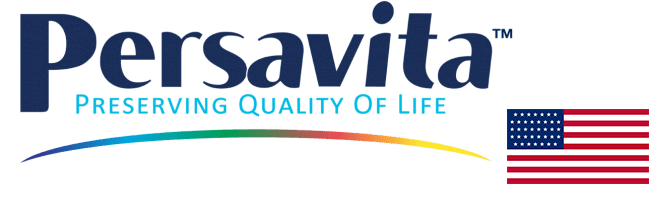Beta-caroten converts to metabolies (called apocaortenoids) that can exert anti-vitamin A activity and disrupt the function of vitamin A in our body (1).
It has been also observed that under high dietary beta-carotene intake, and the oxidative strees of smoking, there was a clear increase in preneoplastic lung cancer lesions in animals (2).
In a human study, subjects supplemented with beta-carotene showed higher incidence of lung cancer (3).
References:
1 – Eroglu A., et al, 2012. Naturally-occurring eccentric cleavage products of provitamin A ?-carotene function as antagonists of retinoic acid receptors.
http://www.jbc.org/content/early/2012/03/14/jbc.M111.325142
2- Liu, C. et al. (2000) Carcinogenesis 21, 2245-2253
3- Russell, R. M. (2004) J. Nutr. 134, 262S-268S.

